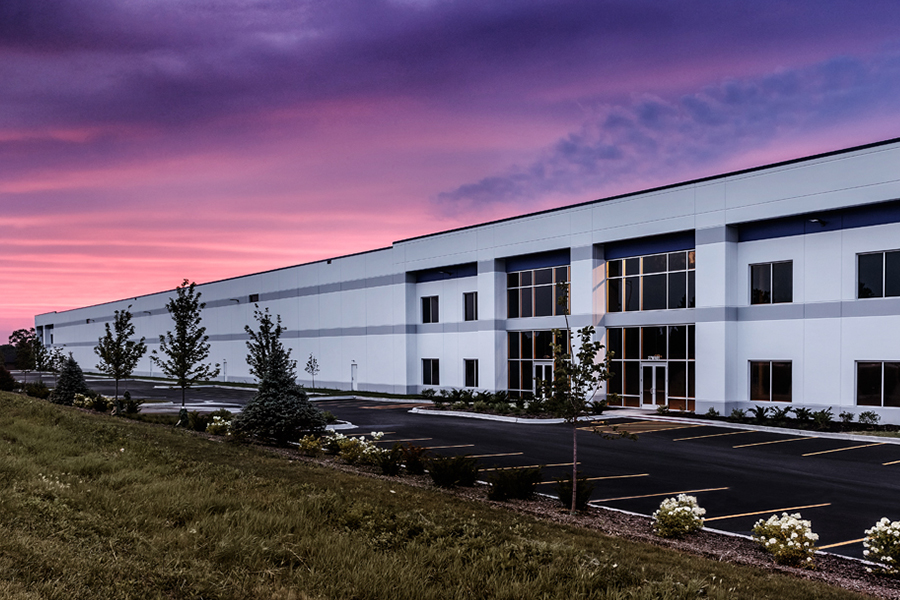
This past week saw the construction industry continue to move forward in most markets, while maintaining intense focus on health and safety measures. Some officials are reporting increased public scrutiny of jobsite safety, as construction is a highly visible exclusion to the stay-at-home orders in place throughout the country. Thursday’s nationwide safety stand-down focused exclusively on precautions required in the current COVID-19 environment. You will see more masks and social distancing requirements strictly enforced in denser environments. According to reports, 90% of all Chicago area construction jobs are proceeding, and our business is seeing even higher numbers. As current projects continue to progress well, many in the industry are focused on the pace at which new business is being signed. It will come as little surprise that we are seeing a fair number of new deals postponed, although, as of yet, none of ours have been cancelled. One question that has recently been raised is whether construction costs will decrease as a result of a potentially diminished pipeline. Although it’s too early to make broad predictions, we have heard anecdotal evidence of some subcontractors aggressively pricing new work – presumably to shore up their backlog. We will see more clarity on that in the coming weeks.
As mentioned last week, development is facing a wide variety of challenges. Some public REITs have halted all new speculative development to focus on existing portfolios, and have redeployed “deal people” to asset management roles. We have witnessed some layoffs among private real estate companies, although it would be wrong to call it a pattern yet. Other players continue to push forward, seeing opportunity within the disruption. Many land buyers are taking this as a chance to renegotiate deals already under contract – requesting both extended DD periods and pricing reductions. Longer contract periods are more easily given, but, unsurprisingly, I have not heard of many price concessions yet. As both apartments and industrial are widely expected to survive the storm better than other product types, we see good reason to be optimistic in the medium term. Demographics, e-commerce adoption rates, and evolving supply chains will all sustain a decent level of demand for new product. The fundamentals going into the crisis were, on average, healthy. Many markets were supply-constrained, so the risk of an extended and catastrophic rise in vacancy rates seems unlikely. However, as is the case in many downturns, we are expecting a “flight to quality”— meaning robust leasing activity for the best locations and newer buildings will return first.
Written by Molly McShane, Chief Operating Officer of The McShane Companies
Published by ULI Chicago





